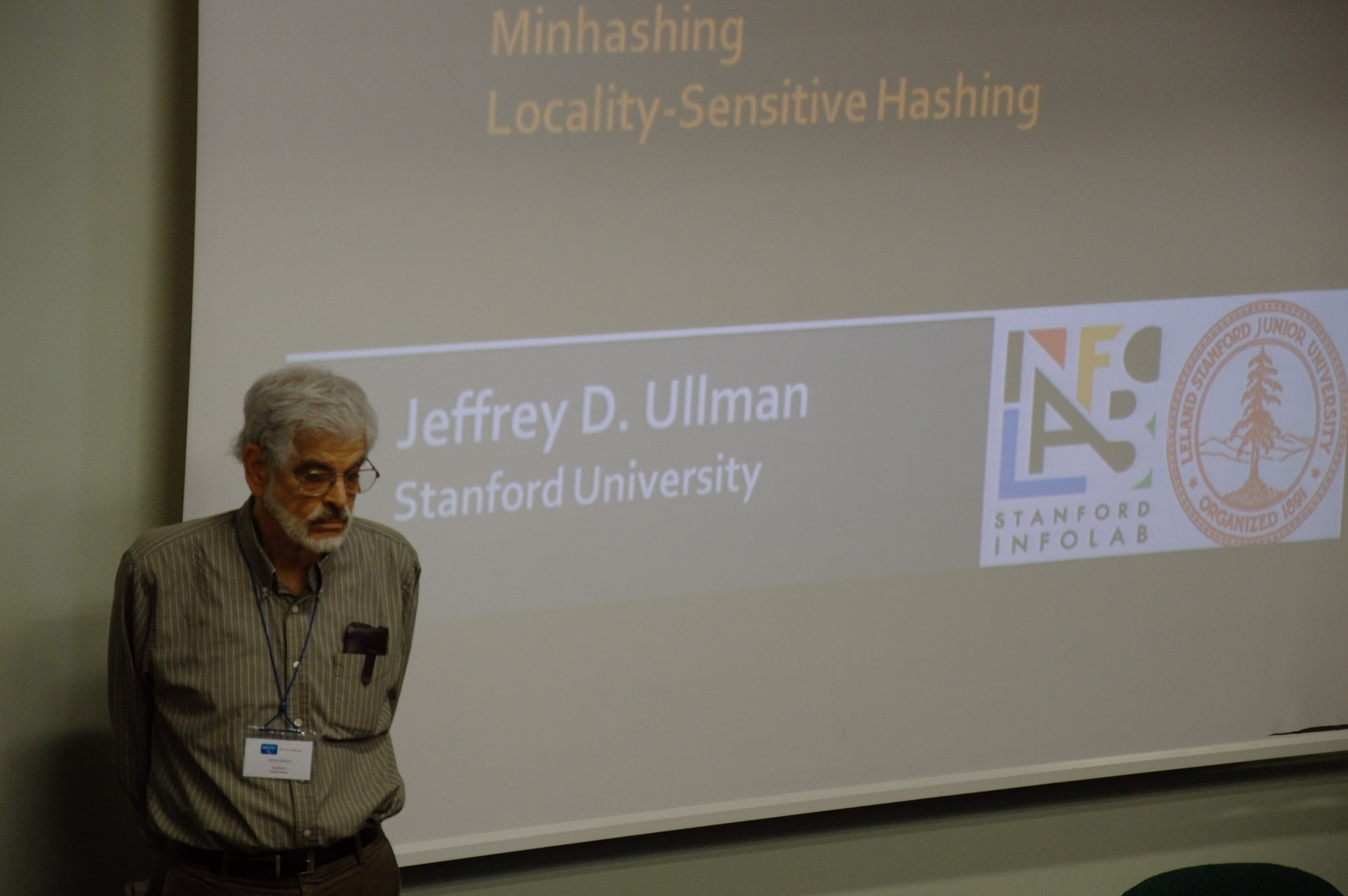Couple of months ago, with my team, we attended the Springer Nature HackDay (here is the post). Just not long ago, Springer Nature released a short video featuring us. Summarised is also my interview, in which I discuss the advantages of making scholarly datasets, as SciGraph, available to anyone. Other media Building on the success […]
Tag: big data

Book Review: Weapons of Math Destruction of Cathy O’Neil
Everyday activities are more and more shifting to a digital environment. Digital gadgets such as smartphones and werable devices are becoming inseparable part of our lives promising mostly convenience. New digital technologies have been mainly seen as empowering technologies for the users. FitBit, for example, is claimed to be a motivating device to lead a […]
BigDat2017: certificate of attendance
I have recently been attending in Bari (IT) a winter school about Big Data: BigDat2017. At the moment, Big Data is gaining great attention in research, since it allows to provide data-driven solutions in several contexts. As part of my postgraduate research I decided to attend it and follow the new developments in this field. […]

BigDat2017: a review
This week I have been attending the 3rd edition of the Big Data winter school: BigDat2017. It was held in my former campus, at the University of Bari (IT). It was a really nice feeling to be back for a while, sitting on those benches and following courses, once again. Big Data has recently gained […]


